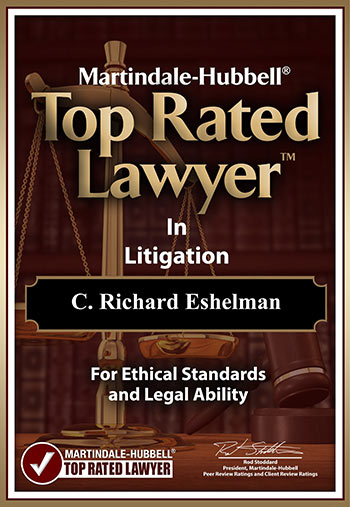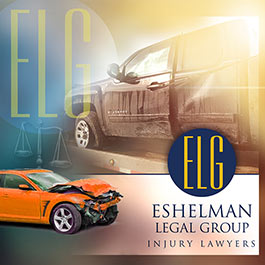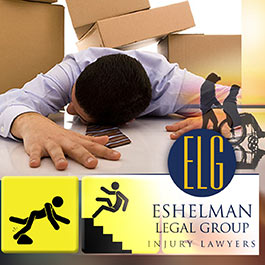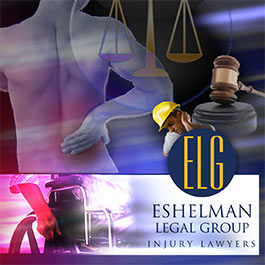Property Owners Duty Slip and Fall Injury
Landowners have different degrees of responsibility to different classifications of people who come onto their property. There are three main classifications of people that the law recognizes: invitees, licensees, and trespassers.
Invitees
An Invitee is a person who is invited onto property for business reasons, such as customers of a business and job applicants. Property owners owe the highest degree of care to invitees to make sure they are safe from dangers. What this means is that the property owner not only has a duty to repair and correct known dangers – he also has a duty to reasonably inspect for, discover, and correct unknown hazards in those areas of the premises that are not obviously or clearly labeled “off-limits.”
These legal principles simply mean that the property owner or store owner has a duty to take reasonable actions to ensure that the environment is safe to patrons. Unfortunately there is no precise way to measure what is reasonable. The law defines “reasonable” as what a person of ordinary intelligence and judgment would do under the same circumstances. This standard is open to wide interpretation by a jury.
Example: A business owner is expected to make sure the stairwells in his or her commercial property are clean and safe. It is reasonable to expect that regular checks, maintenance and cleanup will be conducted. However, it is unreasonable to expect that a person will keep watch all day long to make sure nothing is spilled or broken.
Licensees
A Licensee is a social guest, allowed on the property for social purposes. Property owners are required to ensure that conditions are safe for licensees, though the degree of care is lower to licensees than to invitees. Unlike the case with invitees, where the property owner has a duty to inspect for and discover unknown dangers, where licensees are involved the property owner is only required to take reasonable care to protect them from any hazardous risks the property holder knows about.
Trespassers
A Trespasser is someone who is not authorized to be on a given piece of property. Landowners are not obligated to protect trespassers who intrude on their land without permission. The landowner’s responsibility in this case is called “zero duty,” though they cannot willfully injure trespassers.
Trespassing children
A different rule applies where trespassing children are involved. In the case of children who wander onto a property without authorization, landlords do have a duty to ensure that their property is safe. The logic behind this exemption is that children are sometimes naive to dangers on property, and could in fact be lured to investigate dangerous conditions such as an abandoned well, a swimming pool, or heavy machinery. These potential hazards are referred to as “attractive nuisances.”
Call: 1-800-365-0001
The Conclusion
The attorneys at the Eshelman Legal Group understand that no matter how cautious you are, others may not be so careful, and accidents do happen. So we hope you don’t need to, but if you are in a situation where you need the advice of an personal injury attorney, the Eshelman Legal Group is here to help you. For over 40 years we have been assisting accident victims, and we are here to assist you too... because “We’ll make things right.”
Ask yourself this question… who does the adjuster work for? The adjuster works for the insurance company, they do not work for you.
In all matters involving personal injury it is essential that measures be taken promptly to preserve evidence, investigate the accident in question, and file a lawsuit prior to the deadline imposed by the Statute of Limitations. If you or a loved one is a victim of personal injuries, call Eshelman Legal Group LLC, now at 1-800-365-0001. The initial consultation is free of charge, and if we agree to accept your case, we will work on a Contingent Fee basis, which means we get paid for our services only if there is a monetary award or recovery of funds. Don’t delay! You may have a valid claim and be entitled to compensation for your injuries, but a lawsuit must be filed before the statute of limitations expires. The above is not legal advice. That can only come from a qualified attorney who is familiar with all the facts and circumstances of a particular, specific case and the relevant law. See Terms of Use.






